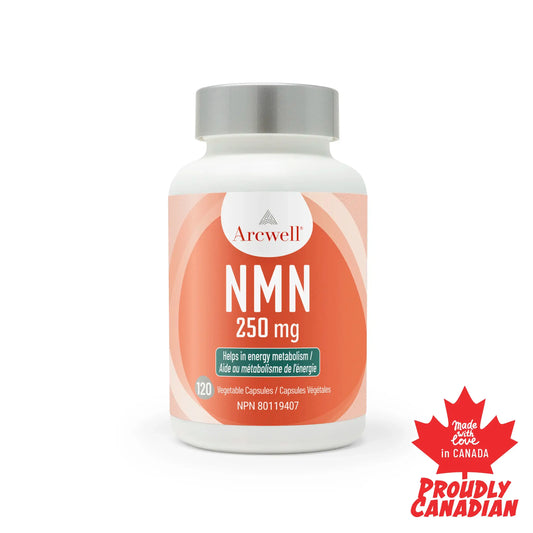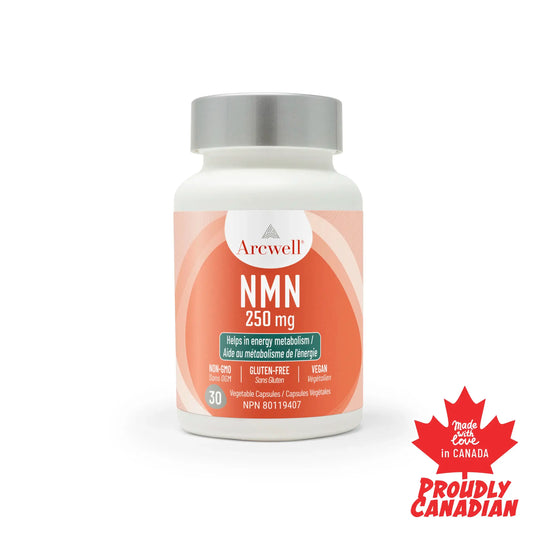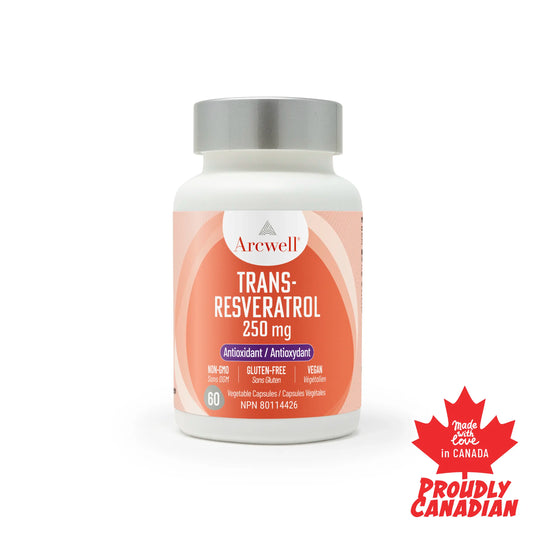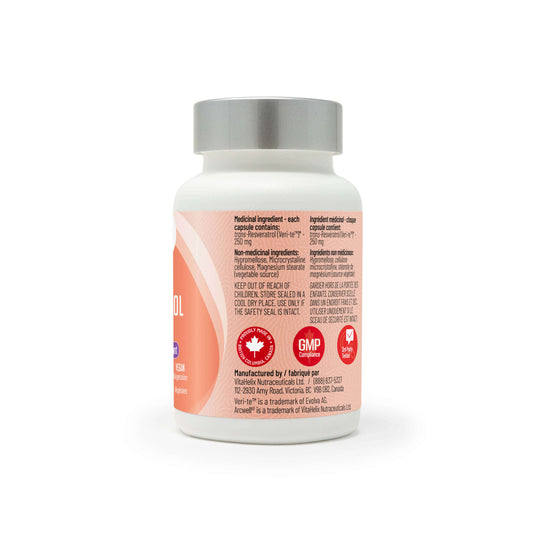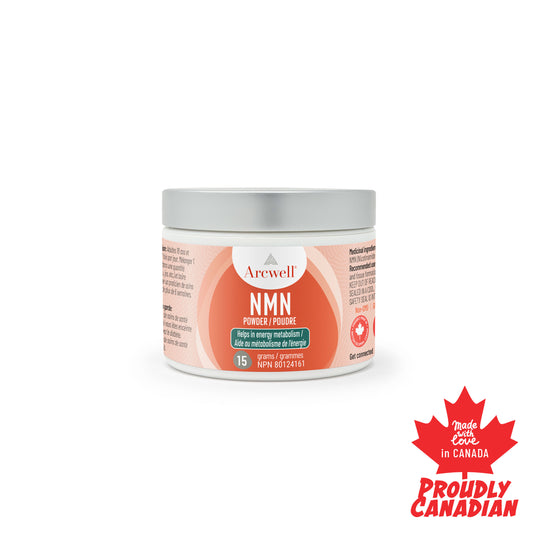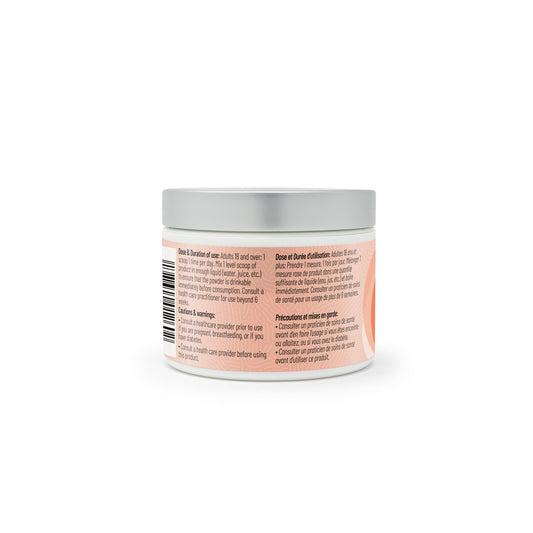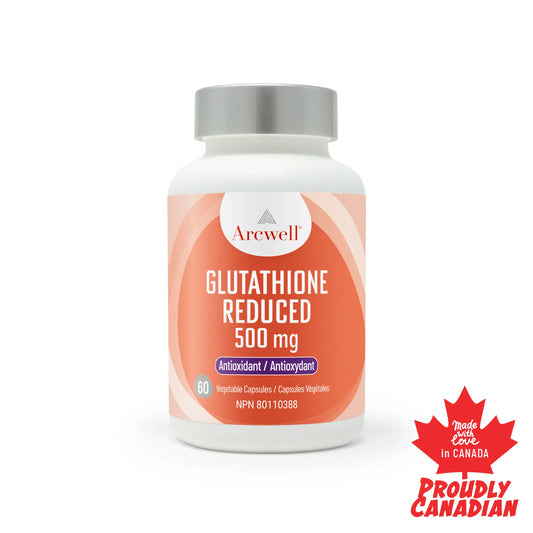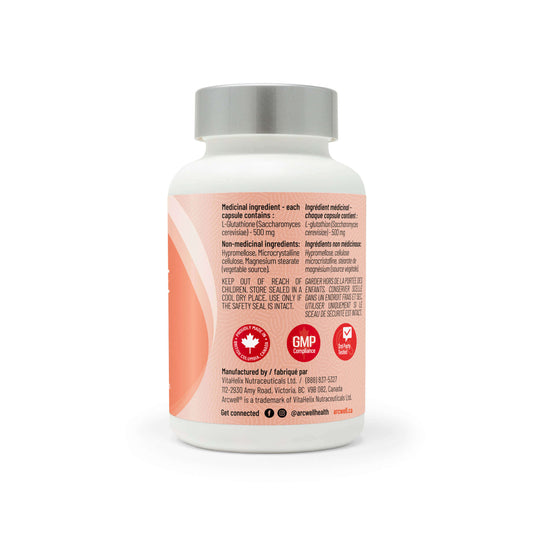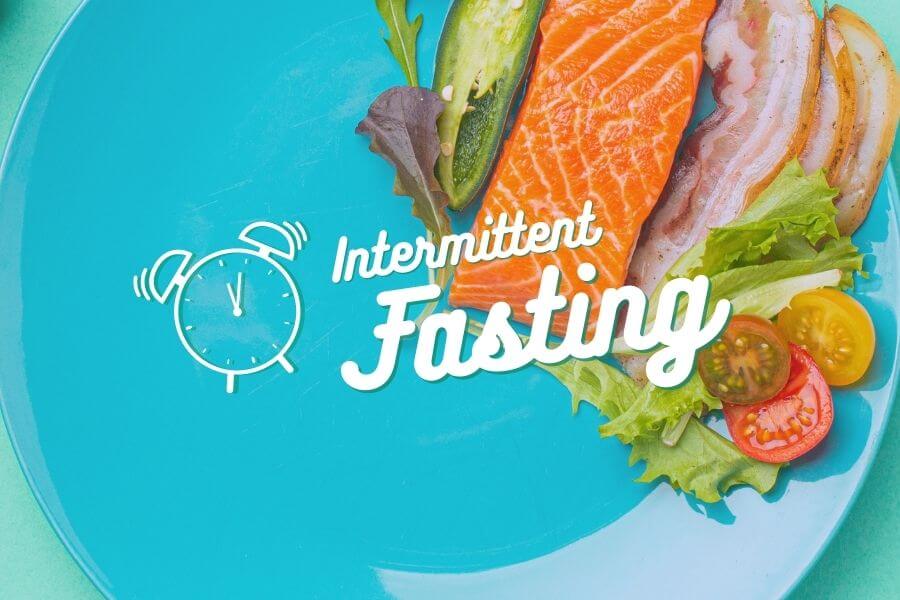
Intermittent Fasting: Top 3 Questions and Answers
Share
Of the popular diets, intermittent fasting is the most straightforward. You simply don’t eat for a set period. According to fasting adherents, 12 hours is the minimum to be considered in a fasting state. In this diet, the time window of fasting and feasting is entirely up to you. There are different types of intermittent fasting, often categorized by the number of hours you fast and calories allowed.
The most common fasting regimen is the 16/8 method where you fast for 16 hours and eat within 8 hours. Another method that has recently increased in popularity is one meal a day - also referred to as OMAD - where you fast for 23 hours and eat within a 1-hour window each day.
For fasting, it seems the longer you fast, the more you benefit.
Q: What happens to your body when you fast?
As time goes by, insulin levels in your blood go down until reaching a minimal stable value. As insulin decreases, counter-regulatory hormones such as cortisol, noradrenaline, and growth hormone go up. These hormones will help the liver break down glycogen stores into simple sugar to feed the body’s energy demands and generate cellular growth. If you can fast for 16 to 30 hours, your body will activate “gluconeogenesis”. This is a process where protein is used to generate glucose once glycogen stores start to run out. This stage of fasting is correlated with “autophagy,” an important biological process that cleans out damaged cells. Once activated, autophagy will break down subcellular machinery that is not functioning properly in unhealthy cells and rebuild them into new and healthy cells.
If you are brave enough to go beyond 2 days of fasting, your body will switch from glucose to ketones as its primary energy source, while your brain will use about 75% ketones and 25% glucose. This metabolic switch can improve body composition while preserving muscle mass and function.
According to a review paper published in The New England Journal of Medicine, preclinical studies and clinical trials have shown that intermittent fasting has broad-spectrum benefits for many health conditions, such as obesity, type 2 diabetes, cardiovascular disease, cancers, and neurological disorders. Lots of scientific studies have proved that intermittent fasting is not just a way to manage weight, but can also help prevent or even reverse some diseases.
Q: Is there any downside of fasting?
The biggest challenge adapting to a time-restricted diet is that we’re used to eating many times a day. To experience the diet’s many benefits, including repairing cells, you have to reach the “autophagy” stage of fasting. This can only be achieved by water fasting, - restricting everything except water - which can be challenging for many people.
Also, fasting is not for everyone. If you have type 1 diabetes, are under 18 years of age, pregnant or breastfeeding, take diabetes or multiple medications, you should NOT attempt fasting because it might be harmful or even fatal. It is always wise to consult with your health care provider to discuss your health condition and nutrition levels before and throughout fasting.
Q: Can you replace food with a dietary supplement while fasting?
The answer to this question is, “It depends on your goal.”
If you want to achieve the health benefits I mentioned earlier, such as cancer prevention and cellular repair, which have been scientifically reported for water fasting only. Technically, a dietary supplement will break your fast, disturbing the beneficial biological process that is activated only when you are fasting. If your goal is to lose body fat, you can choose dietary supplements that don’t raise your insulin levels, your body will stay in fat-burning mode.
Dietary supplements that will break your fast but not raising insulin levels are MCT oil, electrolytes, vitamins, minerals, tea extract, and omega-3 fatty acid.
Dietary supplements that will break your fast and shut down fat-burning mode are amino acids, proteins, carbohydrates, and anything that contains sugar or sweeteners.
Using a tablespoon of MCT oil in your coffee or tea while fasting can be beneficial. It can help you ease hunger and fat-burning adaptation if you are new to an intermittent fasting diet. But watch out for the calories you take in, one tablespoon of MCT oil contains 115 calories.
Bottom Line:
Remember, you have to lose weight without losing your health! If you are planning to fast for a long period, talk with your health care provider about your current nutrient levels and ensure your current health condition is good fit for a fasting diet.




